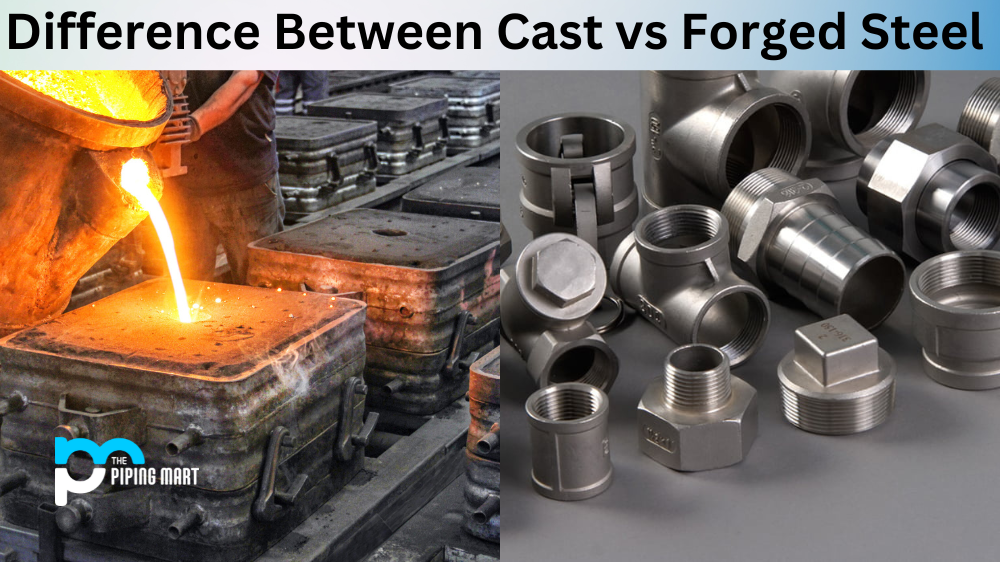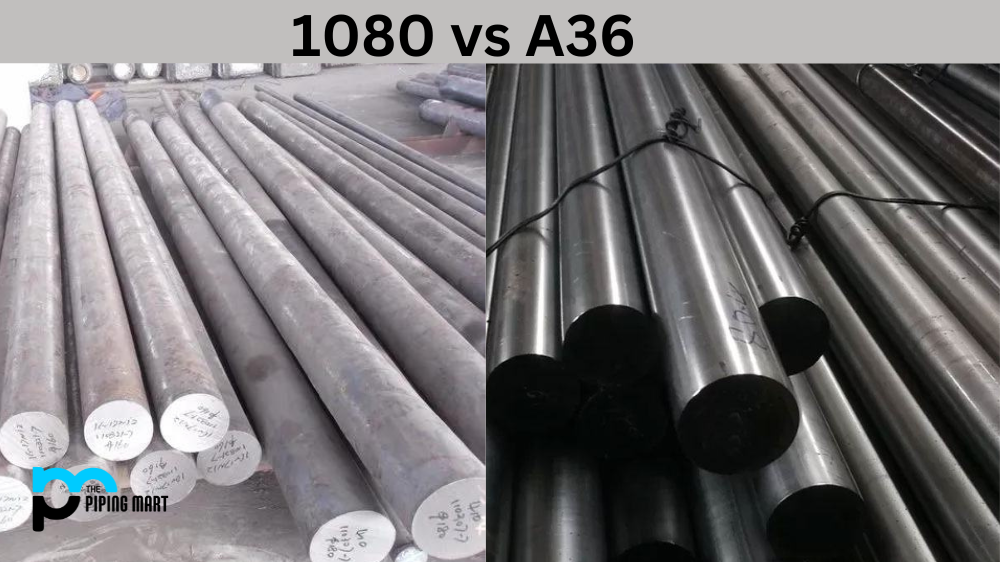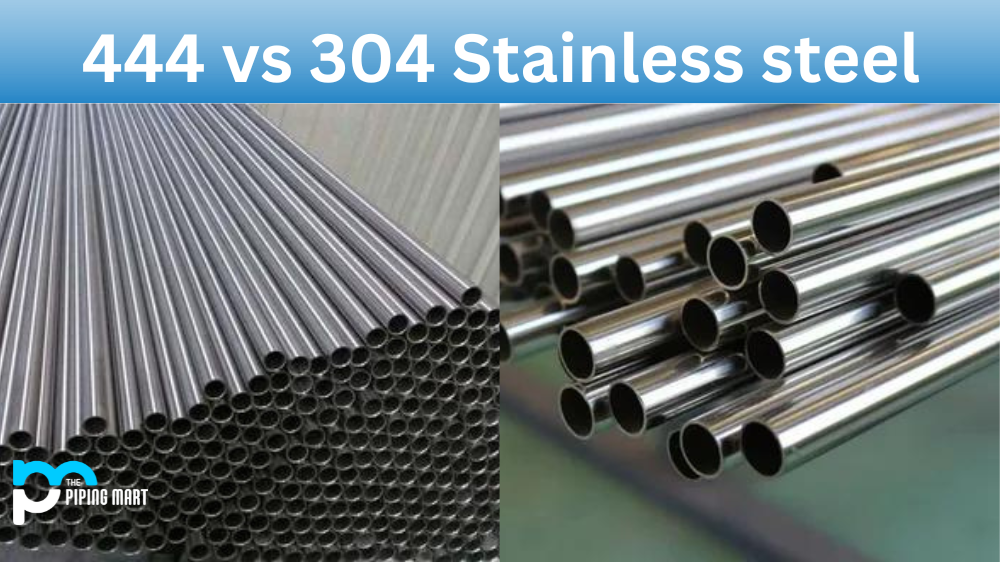Steel has been used in manufacturing for centuries, but not all steel is created equal. While both cast and forged steel are strong and durable, each type of steel has its own unique properties. In this blog post, we will discuss what sets them apart from each other so that you can make an informed decision when choosing the best type of steel for your project.
Cast Steel
Cast steel is created by pouring molten steel into a mould or die to create a desired shape. During the process, the metal cools quickly, resulting in a relatively weak grain structure with high levels of carbon content. This makes it more brittle than forged steel and less reliable for applications where strength is an issue. It also tends to be more cost-effective than forging, making it ideal for projects on a budget.
Forged Steel
Forging involves the use of intense pressure to shape and compact the metal into its desired form. This process creates a stronger grain structure that makes it more reliable than cast steel when strength is an issue. It also allows for greater control over the final product’s dimensions and thicknesses while reducing waste material in comparison to casting. However, forging tends to be more expensive due to the added complexity of the process.
Difference Between Cast and Forged Steel
- Cast steel is made by pouring molten steel into a mould, where it cools and solidifies. This process is relatively cheap and quick, but the resulting steel is not as strong or durable as forged steel.
- Forged steel is made by heating a piece of steel until it is red-hot and then hammering it into shape. This process is more expensive and time-consuming than casting, but the resulting steel is stronger and more durable.
- Cast steel is less likely to warp or crack than forged steel.
- Forged steel is better suited for applications that require high strength, such as construction or automotive parts.
- Cast steel is more commonly used in the production of pipes and fittings, while forged steel is more commonly used in the production of tools and machinery parts.
Conclusion
When deciding between cast vs forged steel for your next project, it’s important to consider how much strength you need and how much money you are willing to spend on materials. Cast steel is often cheaper than forging but not as reliable when strength matters most. On the other hand, forgings are typically more expensive but provide greater structural integrity than castings in demanding applications such as automotive parts or heavy machinery components. Ultimately, both types of steel have their advantages depending on your needs and budget!

Abhishek is a seasoned blogger and industry expert, sharing his insights and knowledge on various topics. With his research, Abhishek offers valuable insights and tips for professionals and enthusiasts. Follow him for expert advice on the latest trends and developments in the metal industry.




